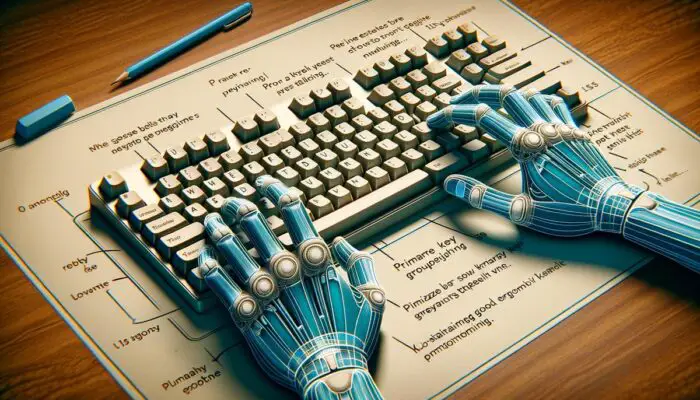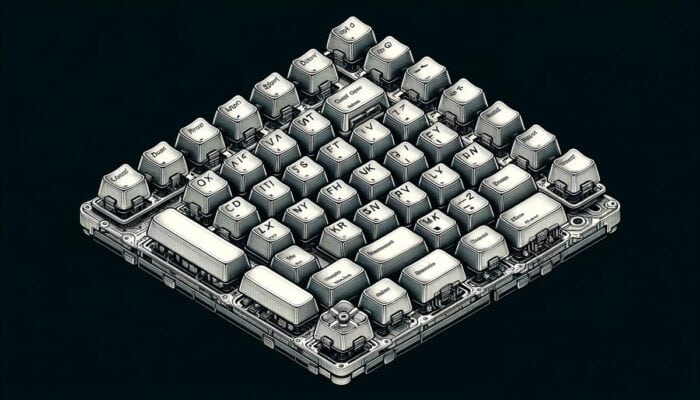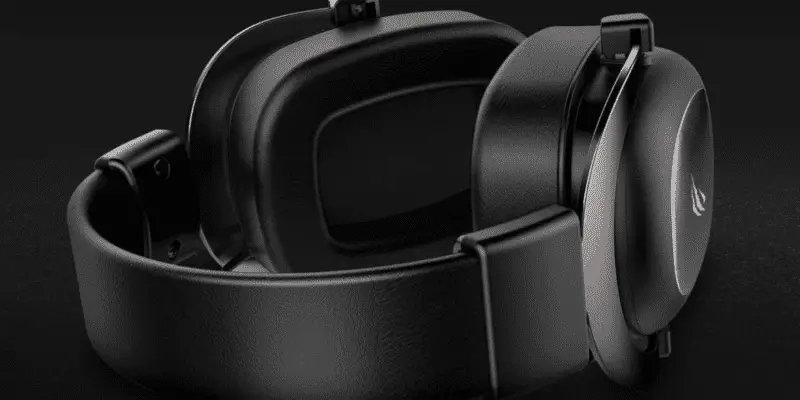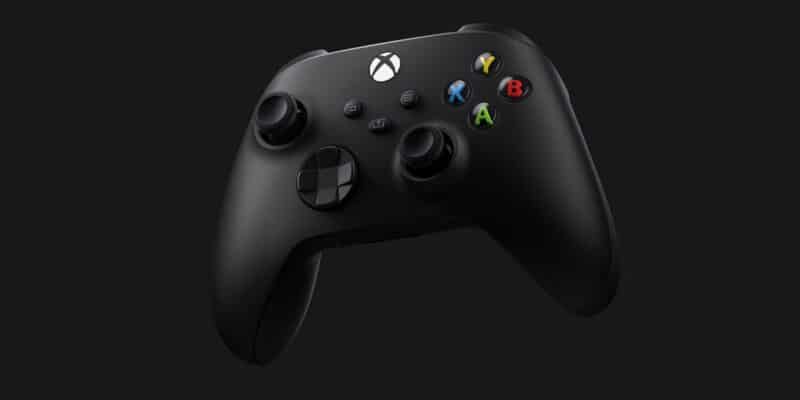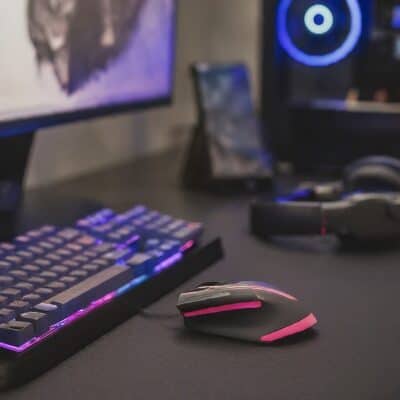Gaming Laptops, Blog
Does A Gaming Laptop Need SSD? 5 Superb Benefits From SSD That You Can Get
Does a gaming laptop need SSD? Laptops come in all shapes and sizes. Some are made for business use, while others are made for gaming. If you’re a gamer, you may be wondering whether or not you should get a laptop with an SSD. So, is it important? Read this article until end to know more about the question before about does a gaming laptop need SSD? In this blog, we also have an article about daysky v9 max gaming laptop review that you might want to read about it.
What Is A SSD
Solid state drives are devices that store and retrieve data using integrated circuit assemblies called flash memory. SSDs are typically far faster and more reliable than traditional hard disk drives. But remember, these days, there are plenty of affordable options. You can always add additional storage later. But buying a larger size SSD at the beginning saves money.
Difference Between SSD and HDD
Solid-state drives (SSDs) store information on a small, flash memory chips. Hard disks use a larger, spinning memory disk. SSDs are more reliable than HDDs because there are fewer moving parts. However, SSDs are also much slower than HDDs.
SSD vs HDD storage capacity
Solid state drives are advantageous because they are smaller and more compact than hard disk drives. Laptops can become thinner, lighter, easier to carry, and less expensive as a result. But solid state drives are limited in their storage capacity, and hard disk drives are far superior in terms of storage space.
Average users should go for 250GB. You can store about 30,000 photos or songs with 250 GB. For movies and AAA games, you may want to get 500GB or more. That being said, as cloud based storage continues to grow, less importance is placed upon internal memory space.
SSD vs HDD processing speed
Hard disk drives (HDDs) come in many different speeds. Solid state drive (SSD) controllers are usually faster than HDDs because they use flash memory instead of a mechanical arm to physically access and store data. Bootup times are significantly faster for SSDs. On low-end SSD models, bootup times are still significantly faster than HDDs.
SSD vs HDD application performance
SSDs are fast computers because they use solid state drives instead of hard disks. Solid state drives are smaller than traditional hard disk drives, but they store data in flash memory chips instead of spinning platters. Because SSDs are smaller and lighter than hard disks, they also tend to be cheaper. SSDs are more expensive than HDDs, but they perform better. You’ll get better performance if you use an SSD over an HDD.
Does A Gaming Laptop Need SSD
Let’s start with the fundamentals. Storage refers to the data that is kept on a long-term basis within your computer or laptop. They store data that, unlike RAM, does not “disappear” when your computer is restarted.
This storage is contained on a device known as a boot disk. This boot disk, or boot drive, is used by your computer to “boot” or start-up the machine.
The default boot disk in most computers or laptops is an HDD (Hard Disk Drive) or SSD (Solid State Drive) (Solid State Drive). Hard drives have been around for a longer time. They’re also less expensive, but they’re also slower.
This is when Solid State Drives come into play. It’s relatively new (they initially arrived in the late 2000s) and much superior than a hard drive. Why? Consider the following benefits:
- There is no noise or vibration.
- Improved load time
- Produces less heat
- Faster than a hard disk in terms of read and write speeds.
- In essence, an SSD performs the same job as a hard disk.
The distinction is that a hard disk stores data via magnetism. It makes use of a revolving platter that is covered with a magnetic substance (hence the noise). SSDs make use of a flash memory chip known as NAND. This keeps any data saved on your computer even if no power is applied to it. To summarize, SSDs perform the same function as HDDs, but better. Consider an SSD drive to be a high-performance hard disk.
How Big of an SSD Do You Need for Gaming?
SSD storage is currently available in most PC PCs and laptops in capacities of 128GB, 256GB, 512GB, and 1TB. 128GB SSD drives are the entry-level option, so if you’re a casual gamer who just plays one game, 128GB is a fine choice.
However, if you’re a gaming aficionado who regularly plays three Triple-A titles, 128GB SSDs are a horrible pick. Instead, go for a 256 or 512 GB drive.
Plus, moving up a level isn’t that pricey. You can now upgrade to a 256GB disk for as low as $10 more. If you intend on doing ordinary things like emailing and surfing the internet, a 256GB disk will enough. However, for gaming, 512GB or 1TB disks are recommended.
Anything less than this may interfere with your game experience. However, anything more may be considered excessive. Even though costs have decreased over time, high-capacity SSDs may be costly. Especially if you want to construct your own computer.
If you want to perform other tasks, such as video editing, Photoshop, and so on, a larger SSD storage capacity may be preferable.
Related Articles For You!
- You may like: How Much Electricity Does Laptop Use? 2 Superb Facts That You Should Know About It
- You may enjoy this article about: Does Gaming Laptop Have Camera? 3 Superb Facts That You Should Know About It
Our Latest Posts:

